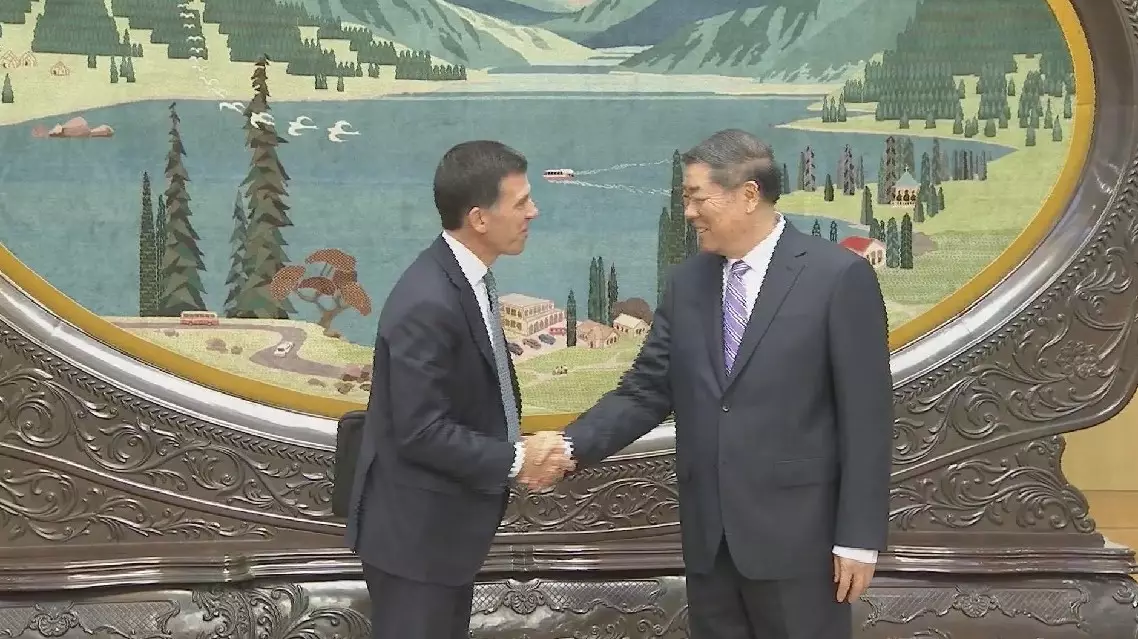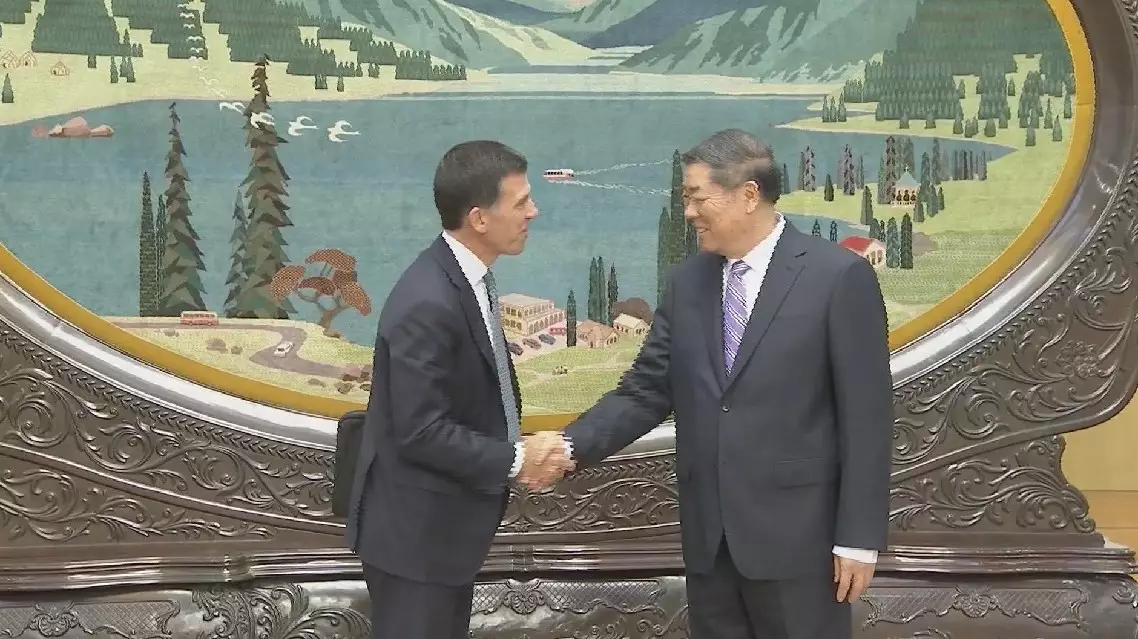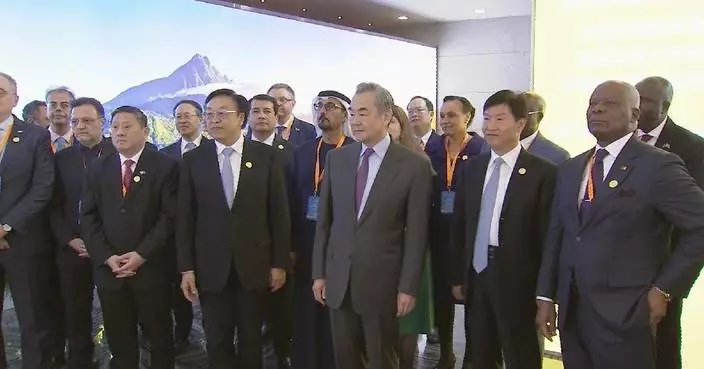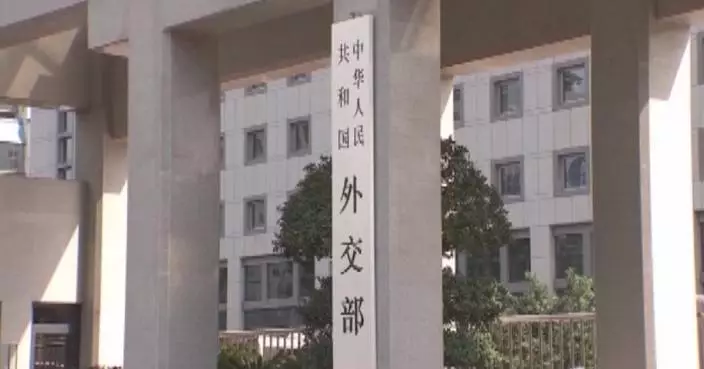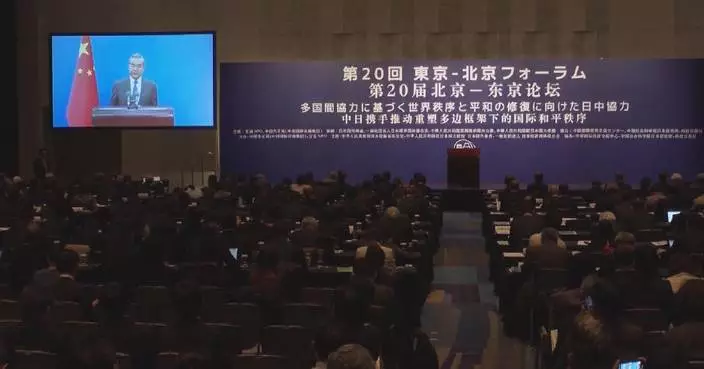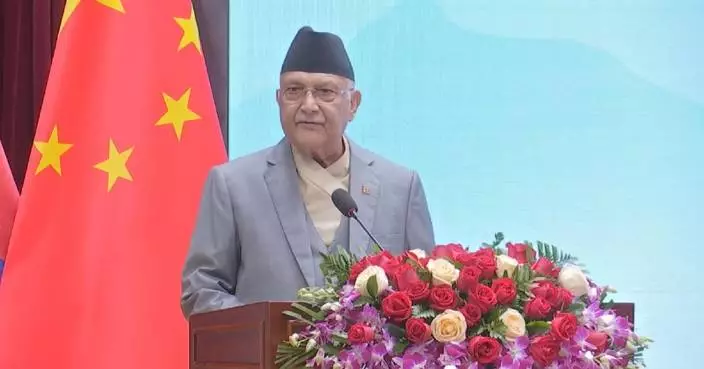The China Chamber of Commerce for Import and Export of Machinery and Electronic Products (CCCME) expressed its regret over the final ruling on the anti-subsidy probe into Chinese electric vehicles (EVs) of the European Union (EU), saying it is neither fair, rational nor objective.
According to the announcement from the European Commission on Tuesday, three sampled Chinese EV companies BYD, Geely and SAIC face the final anti-subsidy tax rates of 17 percent, 18.8 percent and 35.3 percent. Other cooperating companies will be subject to a duty of 20.7 percent and non-cooperating companies 35.3 percent.
The CCCME expressed concern that the European Commission failed to correct numerous prior misjudgments in its final ruling, asserting that the decision violates relevant anti-subsidy regulations of the World Trade Organization and the EU.
"We neither approve of nor accept this result. The core issue is that Chinese EV exports have not harmed the EU's industry. This anti-subsidy probe was initiated unilaterally by the European Commission without complaints from EU companies. Meanwhile, there is huge internal disagreement within EU countries, particularly with Germany's auto industry strongly opposing the tax increase plan," said Sun Xiaohong, secretary-general of the CCCME.
Since the start of the investigation, the CCCME has engaged in the damage investigation process on behalf of 12 major Chinese EV companies, including SAIC, Geely, and BYD.
Sun said that eight rounds of negotiations between Chinese and European technical teams have already taken place, and the next steps will involve using various legal measures to protect the legitimate rights and interests of China's EV industry.
Since the initiation of the case, the CCCME has submitted seven industry defense opinions to the European Commission, led delegations from the three sampled companies to two hearings in Europe and conducted face-to-face communication with auto industry associations in Germany, France, Italy and Spain, calling for strengthened cooperation and mutual benefits.
On August 20, the European Commission announced its final ruling proposing to impose anti-subsidy duties on imported Chinese EVs.
Following the ruling, on August 24, the CCCME, authorized by the 12 EV companies, submitted a price commitment proposal to the European Commission as per the investigation procedures.
Over 20 days from September 20, Chinese and European technical teams held eight rounds of discussions in Brussels.
"So far, no consensus has been reached. Vehicles are different from other products as they include different categories, class A, B, and C, each with its own price range. So there are technical issues with different plans. The EU has agreed to continue negotiations on price undertakings with the Chinese side. The outcome of these negotiations will be binding for the final tax rates, and the final duties will be determined based on the agreements reached by both sides," said Xu.
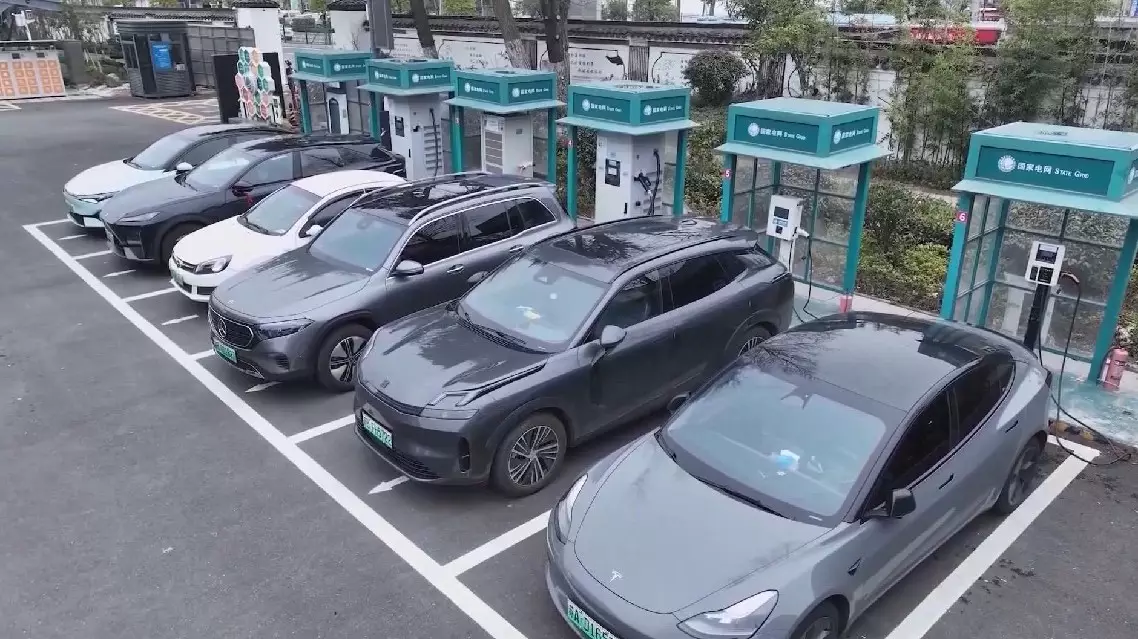
Chinese machinery, electronics chamber regrets EU's tariff ruling over Chinese EVs


